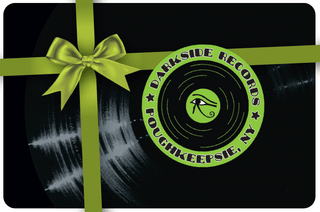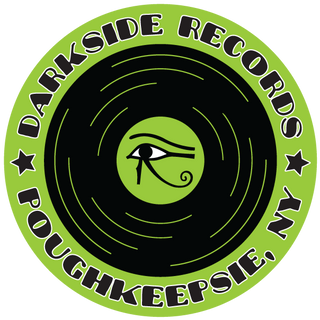Kresimir Strazanac- Bersa: Lieder Songs - World Premiere Recording

Blagoje Bersa belonged to Croatian Musical Modernism, which lasted from about 1890 to 1920, enriching the musical heritage with new nuances in harmony and sound colour. He composed orchestral, choral, chamber and piano works, as well as operas, melo-monodramas and songs. Marija Kuntaric wrote: "In the songs we meet Bersa as a pronounced Romantic, whose language had been formed by the various currents of this style in music. First of all, this was the cantabile Italian melody, then the various masters of German Romanticism (Wagner, Mahler, R. Strauss) and the relaxed music of Vienna, and in later works the simplicity of folk art. The softness of the melodic line of Bersa's solo songs sometimes recalls Schubert, under the influence of whom several pages of dramatic excitement were also created. Over the course of time Bersa's melody became increasingly original and simple, and in essence he remained a romantic, the main feature of whom was the beauty of the lyric."
Blagoje Bersa belonged to Croatian Musical Modernism, which lasted from about 1890 to 1920, enriching the musical heritage with new nuances in harmony and sound colour. He composed orchestral, choral, chamber and piano works, as well as operas, melo-monodramas and songs. Marija Kuntaric wrote: "In the songs we meet Bersa as a pronounced Romantic, whose language had been formed by the various currents of this style in music. First of all, this was the cantabile Italian melody, then the various masters of German Romanticism (Wagner, Mahler, R. Strauss) and the relaxed music of Vienna, and in later works the simplicity of folk art. The softness of the melodic line of Bersa's solo songs sometimes recalls Schubert, under the influence of whom several pages of dramatic excitement were also created. Over the course of time Bersa's melody became increasingly original and simple, and in essence he remained a romantic, the main feature of whom was the beauty of the lyric."





